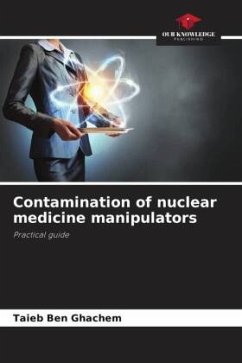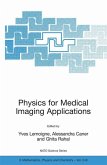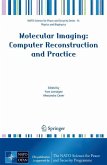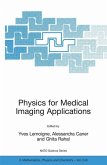The rapid growth of nuclear medicine technology in hospitals in Tunisia still raises many questions regarding the risks incurred by hospital staff who are called upon to work with patients who have received diagnostic doses of radioactive substances. Some patients have been delayed or even cancelled because they had undergone an examination in a nuclear medicine department. Contamination may occur during the preparation of radiopharmaceuticals or through exposure to the biological fluids and excreta of patients who have received a diagnostic dose of these products. Nuclear medicine technologists must take precautions during the preparation of the radiopharmaceutical during its administration to patients and throughout the examination of the injected patient. Two different logics of action that must be managed jointly are at work here: patient care and the application of radiation protection rules. And although contamination by all radioisotopes is possible, most cases of contamination
Bitte wählen Sie Ihr Anliegen aus.
Rechnungen
Retourenschein anfordern
Bestellstatus
Storno








